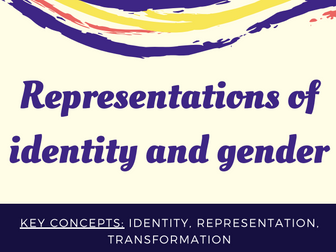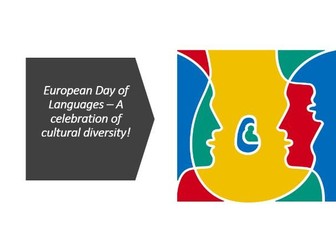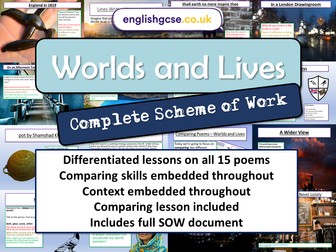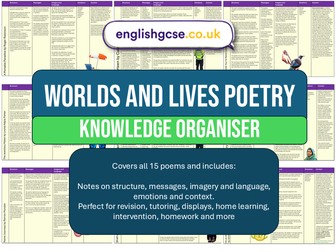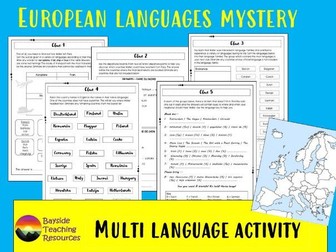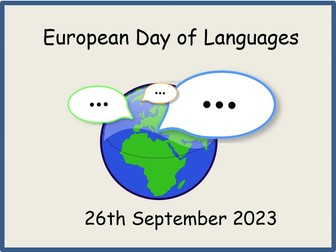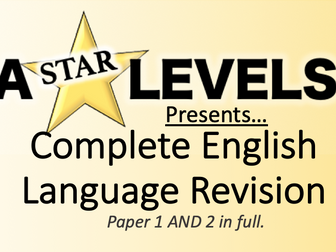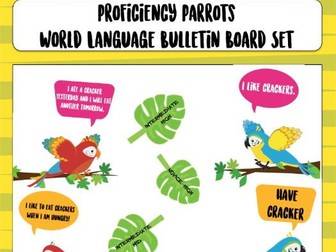The World's Wife - Duffy (IB Language and Literature 2021)
<p>A series of lessons on Carol Ann Duffy’s ‘The World’s Wife’, planned for the IBDP Language and Literature course (for first examination in 2021). This unit was taught as preparation for the students in the IO Oral Examination, therefore this is a focus on Global Issues explored within the poems. The unit title is: ‘Representations of Identity and Gender’.</p>
<p><strong>Please note - Powerpoints were originally created on Google Slides and therefore there may be some slight formatting features that need fixing in Powerpoint.</strong></p>
<p>Includes:<br />
Lesson Powerpoints for the following 10 poems:</p>
<ul>
<li>Little Red Cap</li>
<li>Thetis</li>
<li>Mrs Sisyphus</li>
<li>Mrs Aesop</li>
<li>Mrs Midas</li>
<li>Medusa (with a worksheet for groups/students to explore some secondary reading about interpretations of the myth of Medusa)</li>
<li>Delilah (with an article about masculinity to connect)</li>
<li>Anne Hathaway</li>
<li>Pilate’s Wife (with a question task sheet)</li>
<li>The Devil’s Wife<br />
In addition, a worksheet for students to research the context for the poems before studying them is included.</li>
</ul>
<p>Lesson Powerpoints include a clear lesson question (e.g. <em>How does Duffy explore the consequences of greed and avarice in ‘Mrs Midas’?</em>. There is usually guiding questions for student annotations, and often ideas for global issue connections or optional Learner Portfolio task ideas.</p>
